Screen time may harm teens—but for people over 50, it has a surprising bonus
Use of digital technologies was associated with reduced risk of cognitive impairment and decline.

With all the bad news about how technology affects the brains of kids and teens—as it’s associated with higher rates of depression, anxiety, cognitive delays, insomnia, and executive functioning issues—you’d be forgiven for thinking screen time is bad news for older adults, too.
But according to the surprising findings of a large new study, you’d be wrong.
Instead, use of digital technologies was associated with reduced risk of cognitive impairment and rates of cognitive decline.
"We could spend a long time talking about all the specific ways in which technology use can be bad. However, the net effect since the 1990s has been positive for overall cognition in older adults," said co-author Michael K. Scullin, Ph.D., associate professor of psychology and neuroscience at Baylor University, in a press release.
The study, by Scullin and associate professor of neurology at the University of Texas at Austin’s Dell Medical School Jared Benge, was published this week in Nature Human Behavior. In it, the researchers set out to test the “digital dementia” hypothesis, which predicts that a lifetime of exposure to digital technology will worsen cognitive abilities.
“You can flip on the news on just about any day and you'll see people talking about how technologies are harming us,” said Scullin. “People often use the terms 'brain drain' and 'brain rot,' and now digital dementia is an emerging phrase. As researchers, we wanted to know if this was true."
What they found—after reviewing more than 136 studies with data on over 400,000 adults, as well as longitudinal studies with an average six years worth of follow-up data—was that digital technology use is associated with better, not worse, cognitive aging outcomes. The evidence, in fact, supported the idea that digital technologies can promote behaviors that preserve cognition—and showed correlation with a 58% lower risk of cognitive impairment.
Researchers do note that a limitation of the study is that it isn’t able to specify how people were using devices, or if they were using computers or phones in ways that truly exercised their brains.
And the results may be surprising for those accustomed to hearing about the downsides of technology. But the explanation here may be that older adults were introduced to computers, the Internet, and smartphones after childhood, when their brains were fully formed, ensuring that technology is cognitively challenging because it is always changing and requires constant adaptation.
"One of the first things that middle-age and older adults were saying is that 'I'm so frustrated by this computer. This is hard to learn.' That's actually a reflection of the cognitive challenge, which may be beneficial for the brain even if it doesn't feel great in the moment," Scullin said. "If you're doing that for years and you're really engaging with it, even though you might experience frustration, that may be a sign of you exercising your brain.”
Dementia cases in the U.S. are rising, and could possibly double by 2060. Expert tips to ward it off don't necessarily include technology use, but range from connecting locally to making an effort to keep learning and to manage chronic conditions.
While the study authors acknowledge unhealthy uses of technology, such as endless scrolling or using it in place of in-person interaction, healthy usage should be encouraged.
"If you have a parent or grandparent who's just staying away from technology, maybe revisit that,” Sculling suggested. “Could they learn to use photo, messaging, or calendar apps on a smartphone or tablet? Start simple and be very patient while they learn.”
Finally, said Benge, speaking with CNN, “Our findings are not a blanket endorsement of mindless scrolling. They are instead a hint that the generation that gave us the internet has found ways to get some net positive benefits from these tools to the brain.”
More on technology and health:
- 68% of parents with children under 6 say their kids need a ‘detox’ from technology. Here’s why that’s scary, say experts
- Is teen social media use a crisis or moral panic?
- Modern parenting is hurting kids and adults, ‘Anxious Generation’ author warns
This story was originally featured on Fortune.com






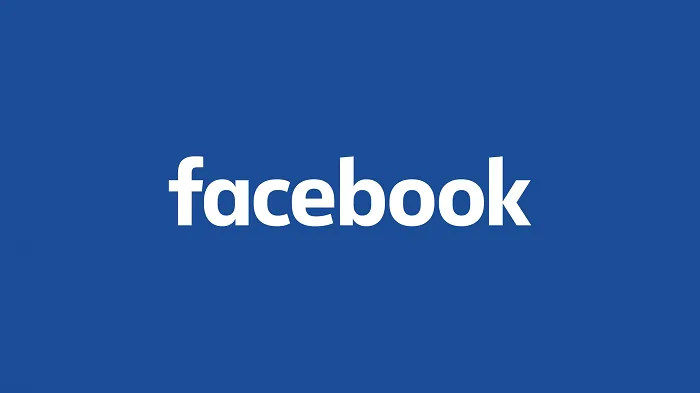




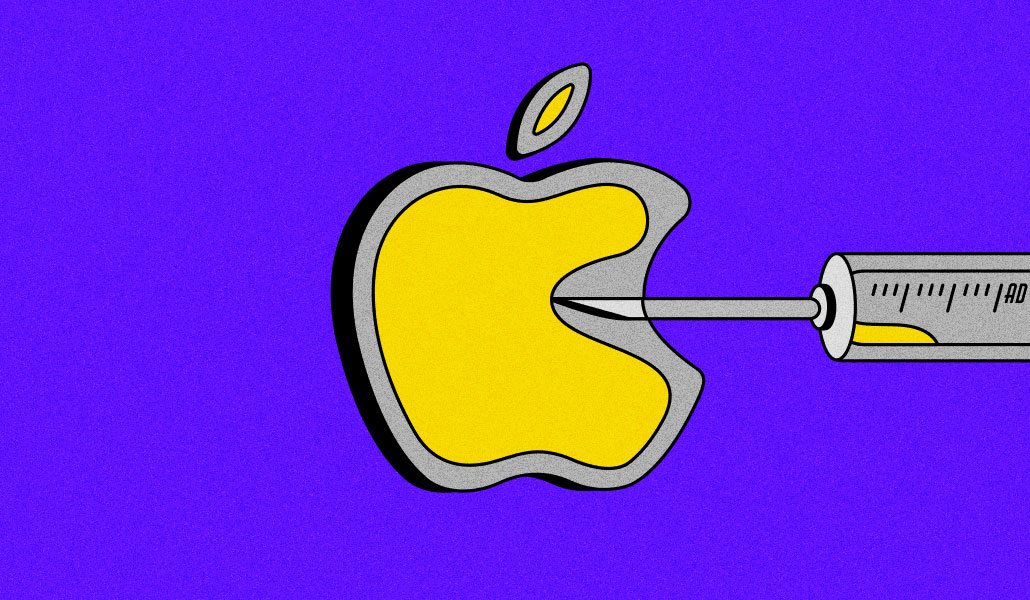


![31 Top Social Media Platforms in 2025 [+ Marketing Tips]](https://static.semrush.com/blog/uploads/media/0b/40/0b40fe7015c46ea017490203e239364a/most-popular-social-media-platforms.svg)






























































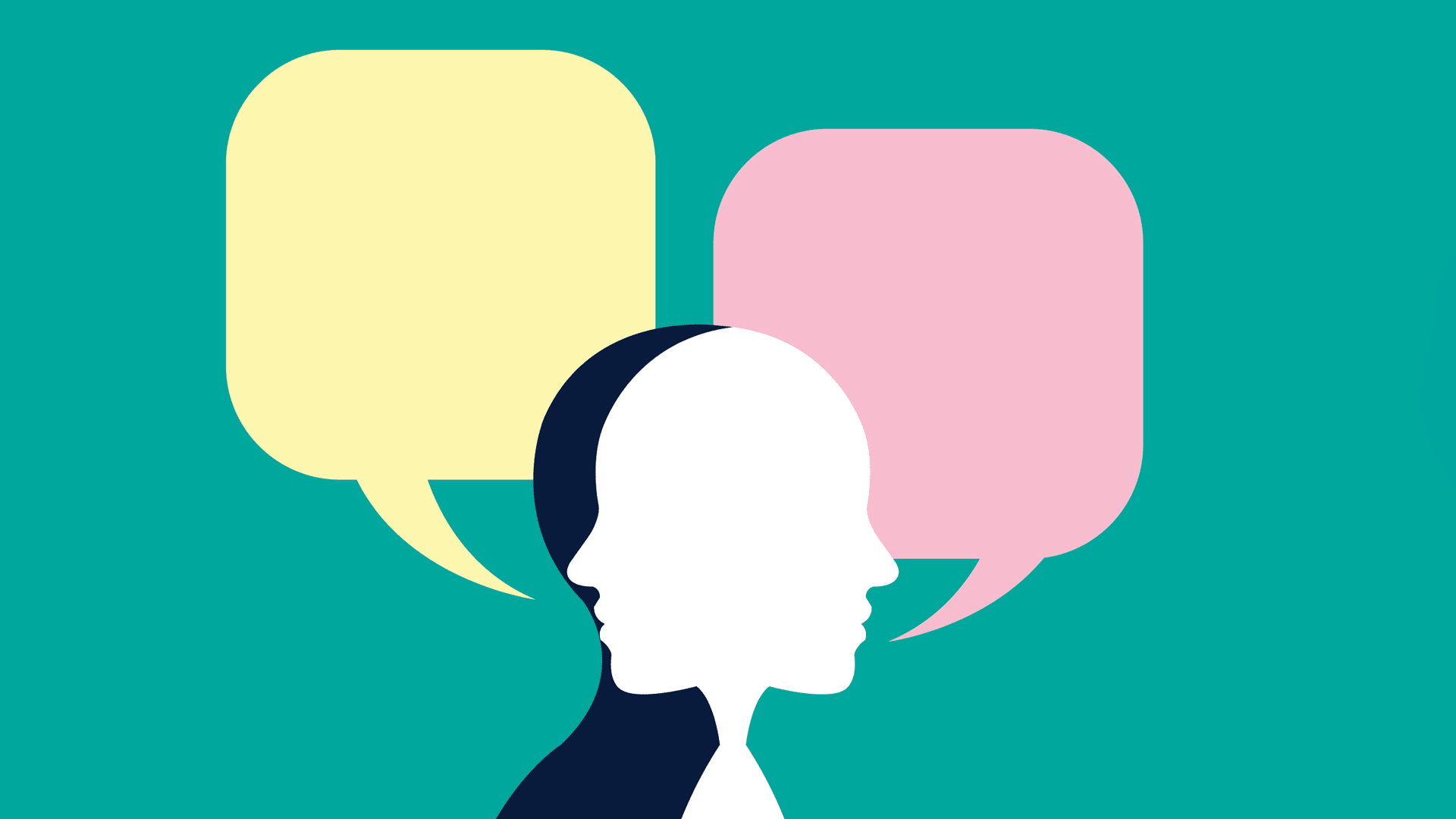



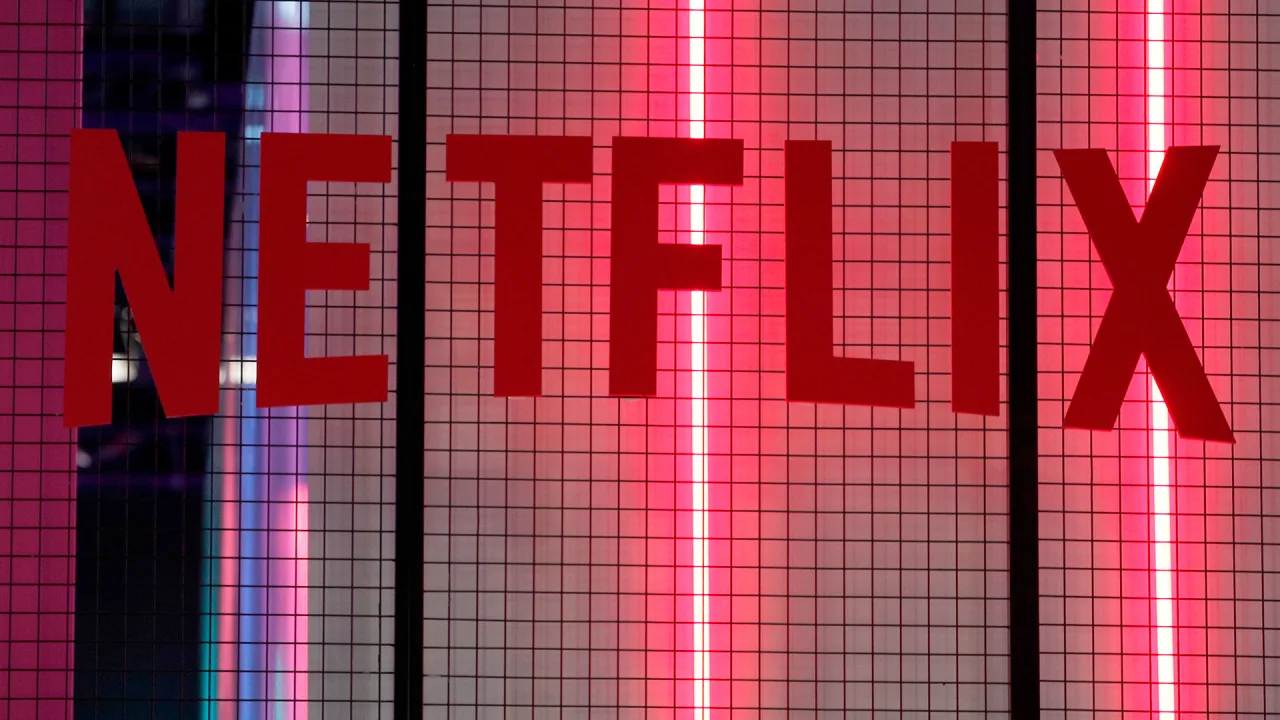



























































![[Webinar] AI Is Already Inside Your SaaS Stack — Learn How to Prevent the Next Silent Breach](https://blogger.googleusercontent.com/img/b/R29vZ2xl/AVvXsEiOWn65wd33dg2uO99NrtKbpYLfcepwOLidQDMls0HXKlA91k6HURluRA4WXgJRAZldEe1VReMQZyyYt1PgnoAn5JPpILsWlXIzmrBSs_TBoyPwO7hZrWouBg2-O3mdeoeSGY-l9_bsZB7vbpKjTSvG93zNytjxgTaMPqo9iq9Z5pGa05CJOs9uXpwHFT4/s1600/ai-cyber.jpg?#)



































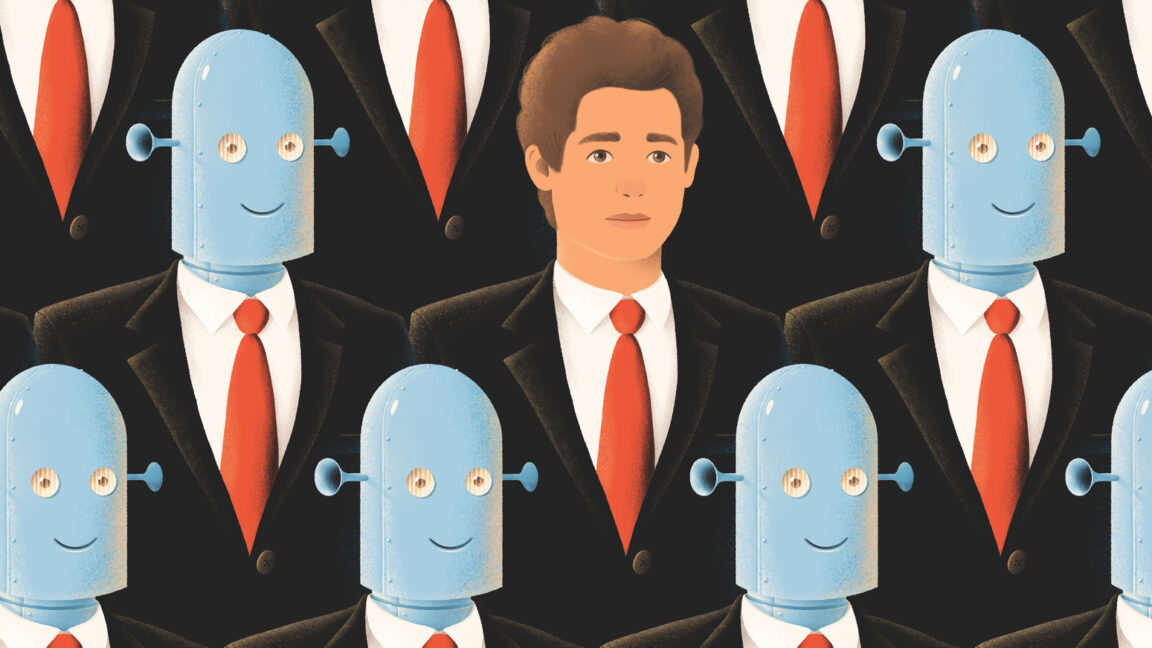




![How to Find Low-Competition Keywords with Semrush [Super Easy]](https://static.semrush.com/blog/uploads/media/73/62/7362f16fb9e460b6d58ccc09b4a048b6/how-to-find-low-competition-keywords-sm.png)



